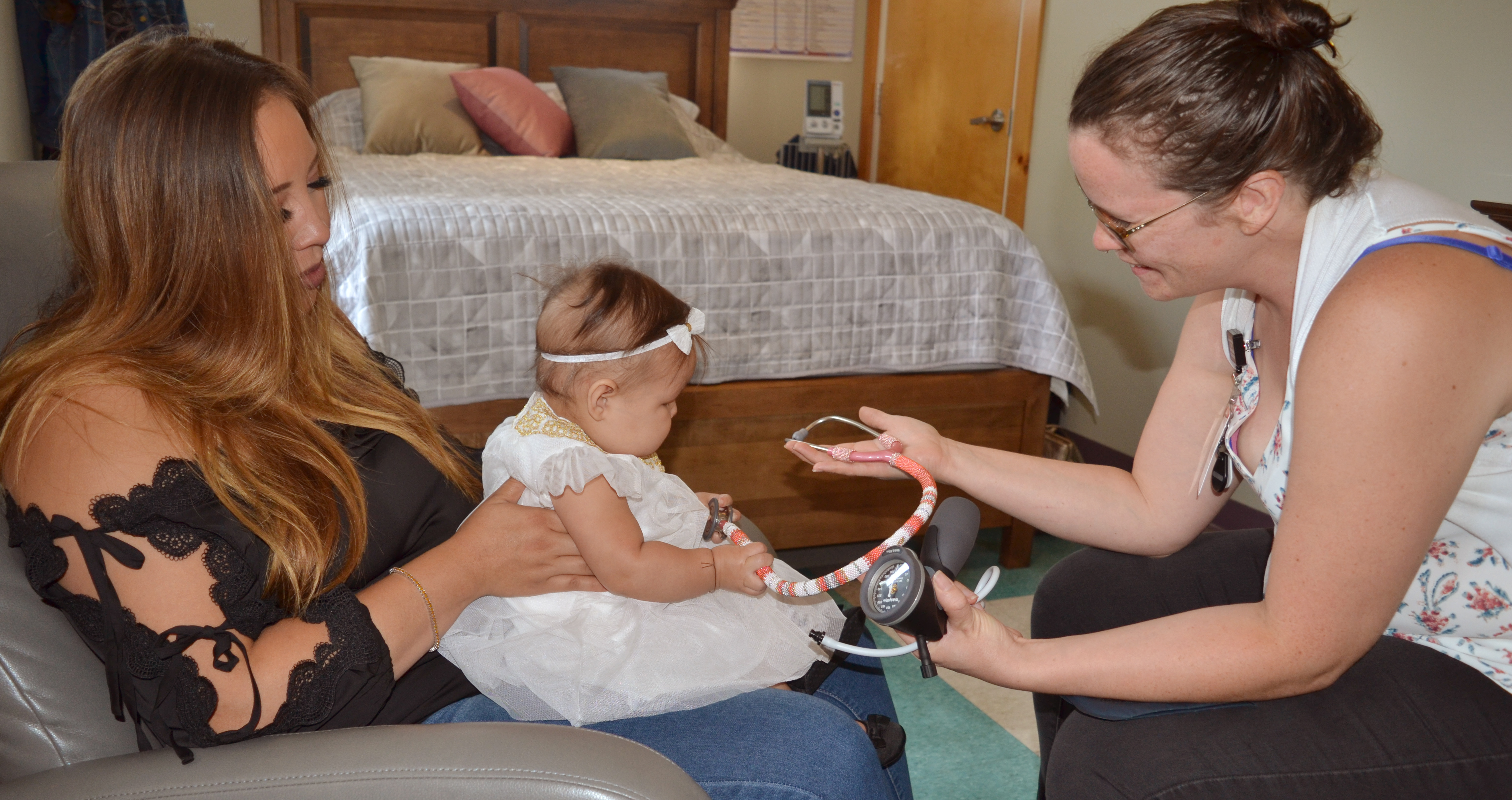Giinwi (before colonization) Gaazhi (what we used to do) Maamwiziying (together) Ndaadzikeying* (to assist in giving life): Improving access to Indigenous midwifery

March 4, 2020
Media release
THUNDER BAY: The Association of Ontario Midwives, with support from Chiefs of Ontario and Nishnawbe Aski Nation, will convene a gathering of Indigenous communities March 6–7, 2020 to envision concrete pathways to increase and improve access to Indigenous midwifery and new and innovative Indigenous midwifery educational pathways.
The demand for midwifery services currently far outpaces the number of midwives. This gathering will seek to envision a path forward to educate a new cadre of Indigenous midwives to meet that need.
Of the 133 First Nations communities in Ontario, only about 12 have access to Indigenous midwifery services. For most Indigenous communities in the north, accessing care during pregnancy and birth often means travelling long distances out of community to access care.
“One of the legacies of colonialism and residential schools has been the loss of midwifery and birth from our communities. Indigenous midwives hold the promise of returning birth to our communities. The loss of the ceremony that is birth cannot be underestimated. Reclaiming birth in our communities is the essential foundation to restore lifelong health.” Ellen Blais, Director of Indigenous Midwifery at the Association of Ontario Midwives.
About Midwifery in Ontario
Midwives are health-care professionals who provide primary care throughout pregnancy, labour and birth, as well as postpartum. There are about 1,000 midwives in Ontario, serving communities across the province. Of these, about 30 are Indigenous. The Association of Ontario Midwives is the professional organization representing registered midwives and Aboriginal/Indigenous midwives in Ontario.
- 30 -
For more information:
Juana Berinstein
Director, Policy & Communications
Association of Ontario Midwives
Cell: 416-371-1468
*Anishnawbemowin, the language of the Anishinaabe nation
